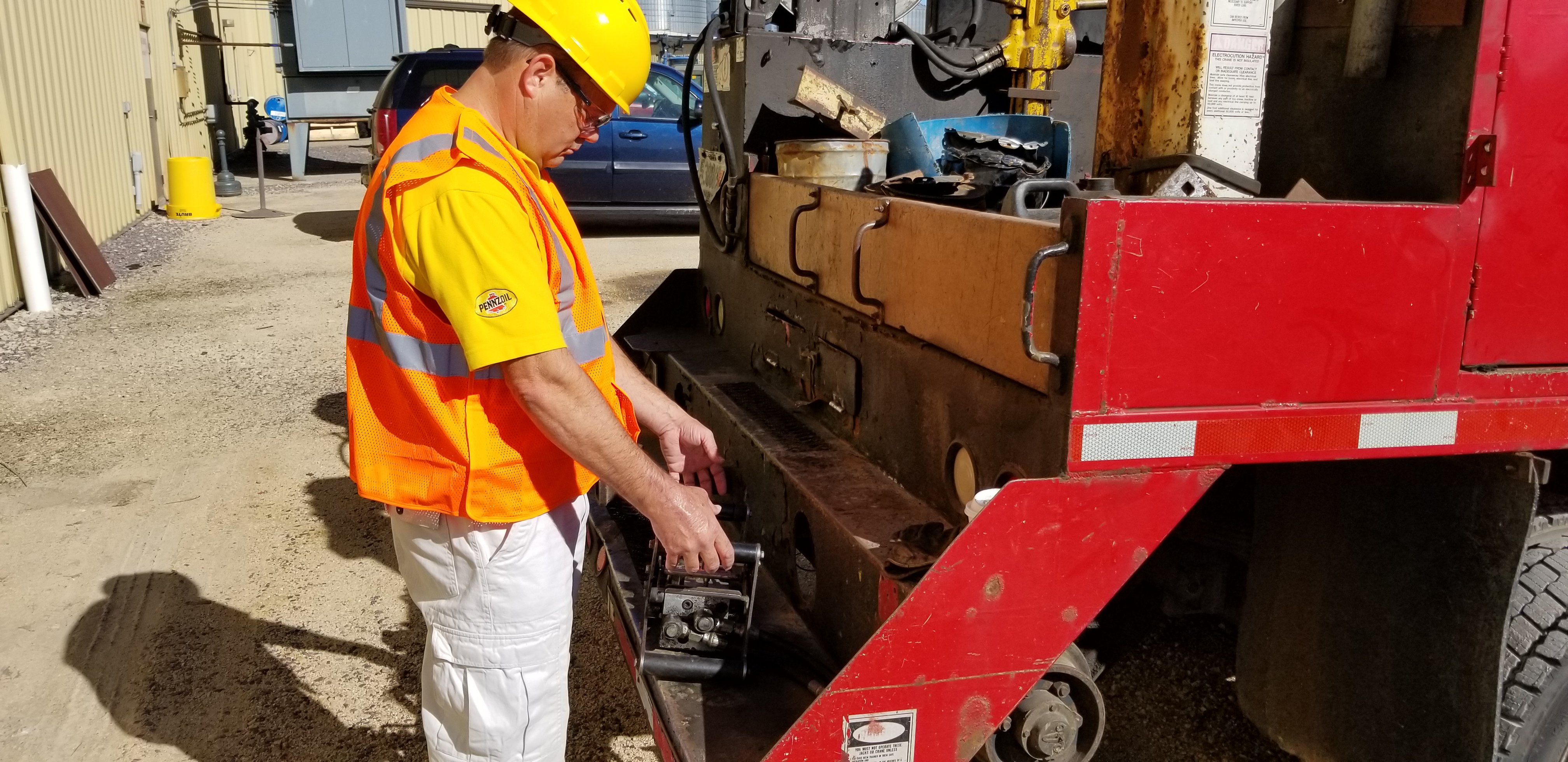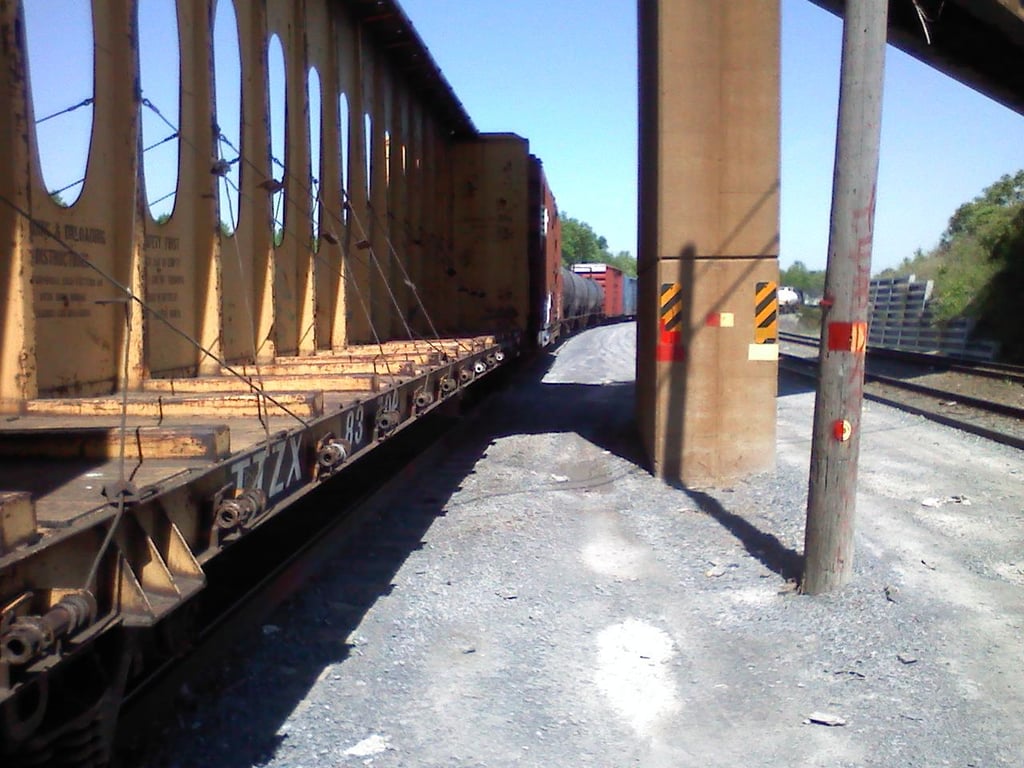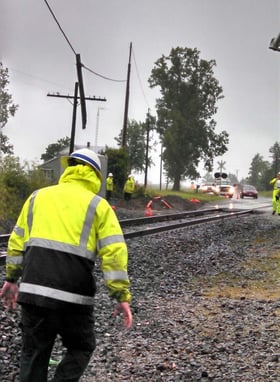
You already know working for the railroad is dangerous, but it’s more than your back and joints that are at risk. Sometimes it’s your job.
That was the case for Javier*, a young welder with just a couple years in. Last winter he was doing his job for Springfield Terminal Railway Co. when a set of rail rollers under tension dropped a piece of rail striking his knee and knocking him to the ground. He knew he was hurt so he reported it right away. It wasn’t an accident he caused (even his foreman admitted the welder hadn’t done anything wrong). Nonetheless, the railroad did what it always does: it issued an investigation letter under the discipline provisions of the Collective Bargaining Agreement (aka the contract).


 If you get hurt in a train yard in Kentucky can a lawyer in New York represent you? He sure can. And in fact, the best lawyer for a rail worker’s injury is likely out-of-state.
If you get hurt in a train yard in Kentucky can a lawyer in New York represent you? He sure can. And in fact, the best lawyer for a rail worker’s injury is likely out-of-state. It isn’t like we haven’t all heard from our elders how we need more sleep. And our significant others have politely tried to tell us how haggard we look. We have noticed our short tempers, faulty memory and absent-mindedness when tired. The truth is poor sleep habits are the norm today. But on the railroad it isn’t just making people cranky, it’s setting the table for dangerous work habits.
It isn’t like we haven’t all heard from our elders how we need more sleep. And our significant others have politely tried to tell us how haggard we look. We have noticed our short tempers, faulty memory and absent-mindedness when tired. The truth is poor sleep habits are the norm today. But on the railroad it isn’t just making people cranky, it’s setting the table for dangerous work habits. You’ve heard me say that every case is unique, but there are some very common (and legitimate questions) that my office fields from clients and prospective clients every week. Railroad workers, some with FELA cases and others who are whistleblowers, have questions about forms, doctors, court appearances, and most of all, why it’s all taking so long.
You’ve heard me say that every case is unique, but there are some very common (and legitimate questions) that my office fields from clients and prospective clients every week. Railroad workers, some with FELA cases and others who are whistleblowers, have questions about forms, doctors, court appearances, and most of all, why it’s all taking so long.
 If you’ve been penalized for reporting an on-the-job injury or safety hazard you are covered by the whistleblower amendments to the Federal Railroad Safety Act.
If you’ve been penalized for reporting an on-the-job injury or safety hazard you are covered by the whistleblower amendments to the Federal Railroad Safety Act.
 How long do I have to file my case? Am I too late to file a claim with OSHA? Does my initial charge letter and the denial of my appeal give me different filing dates?
How long do I have to file my case? Am I too late to file a claim with OSHA? Does my initial charge letter and the denial of my appeal give me different filing dates? Next to “
Next to “ Have you been on the railroad over five years?
Have you been on the railroad over five years?





